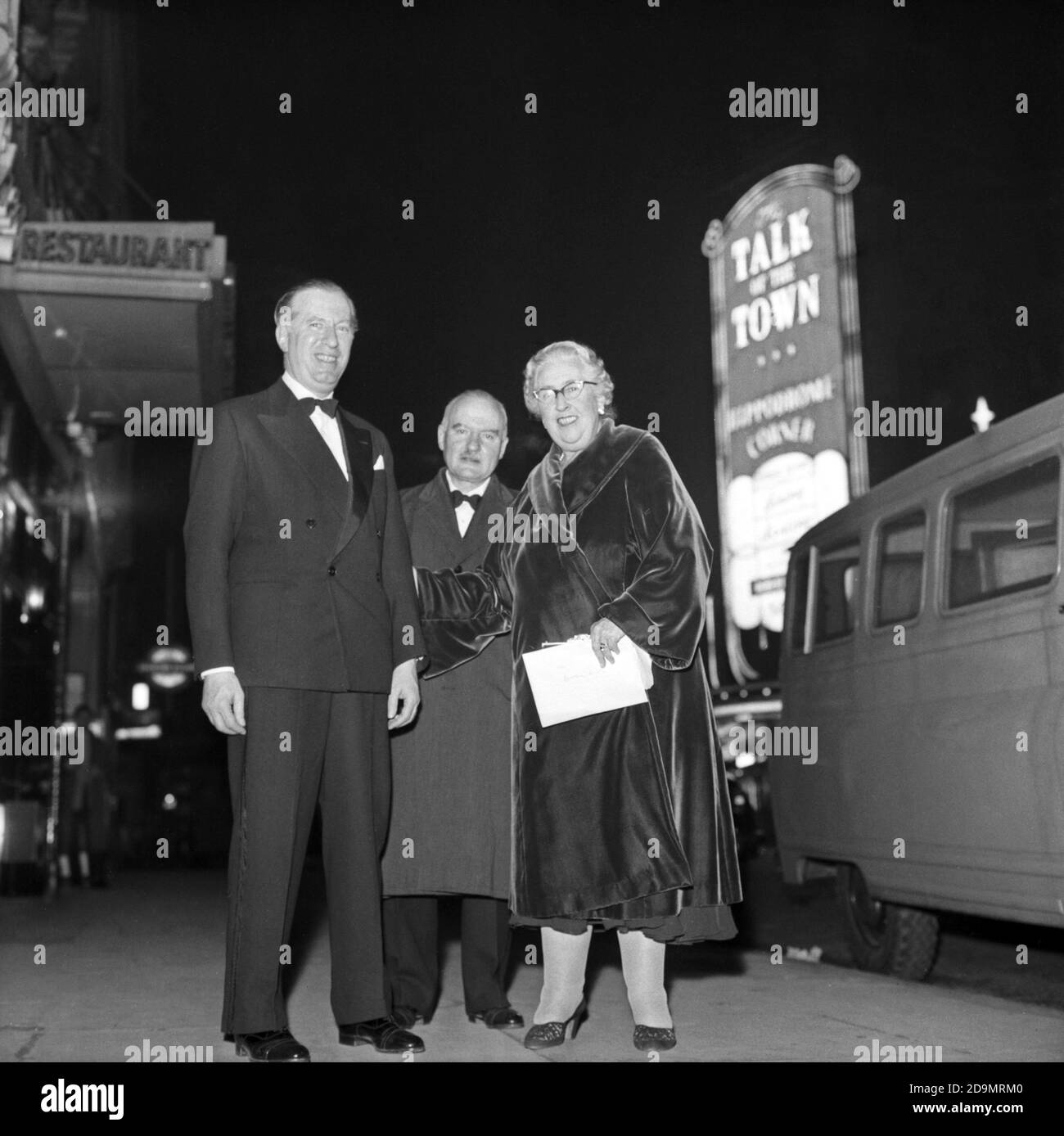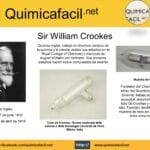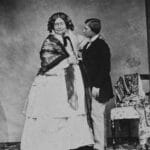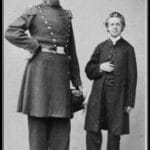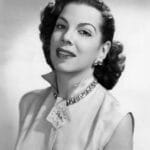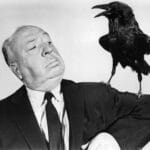Embark on a journey through the captivating life of Sir Max Mallowan, a brilliant archaeologist whose discoveries unveiled lost empires and whose marriage to mystery writer Agatha Christie added a touch of literary intrigue. From the sands of Mesopotamia to the pages of thrilling novels, explore the intertwined worlds of archaeology and literature in this fascinating biographical sketch.
Uncovering Ancient Worlds: Mallowan’s Archaeological Pursuits
Max Mallowan, born in Wandsworth, London, in 1904, wasn’t merely an archaeologist; he was a detective of the ancient world, piecing together the narratives of vanished civilizations. His academic journey began at New College, Oxford, immersing himself in Classics—a fitting foundation for his future endeavors. Mentored by prominent figures like Leonard Woolley, excavator of Ur, the young Mallowan honed his skills, absorbing the meticulous techniques that would shape his illustrious career. Driven by a passion for Mesopotamia, Mallowan’s excavations at Nimrud, the ancient Assyrian capital, proved groundbreaking. He unearthed opulent palaces, adorned with intricate ivory carvings, revealing the grandeur of a forgotten empire. His work at Ur further enriched our understanding of Mesopotamian society, architecture, and daily life. Mallowan meticulously documented his findings, publishing numerous books and articles, notably “Twenty-five Years of Mesopotamian Discovery,” which offers a captivating glimpse into his work. He didn’t just present data; he wove narratives, shaping our comprehension of ancient Mesopotamia and influencing generations of scholars.
A Meeting of Minds: Mallowan’s Marriage to Agatha Christie
Perhaps the most intriguing chapter of Mallowan’s life is his marriage to the Queen of Crime, Agatha Christie. Their union in 1930 wasn’t simply a romantic partnership; it was a synergy of creative forces. Christie frequently accompanied Mallowan on expeditions, drawing inspiration from the exotic locales and the thrill of discovery. While Mallowan unearthed ancient cities, Christie crafted intricate murder mysteries, often set against the backdrop of his archaeological digs. His work imbued her stories with authenticity, while her presence likely offered him a unique perspective and emotional support. This interplay between their professions is evident in novels like Death on the Nile and Murder in Mesopotamia, where archaeological details add depth and realism. Their shared adventures across the Middle East, including the Assyrian palaces of Nimrud, undoubtedly fueled Christie’s imagination and enriched their lives together.
Mallowan’s Legacy and Modern Ethical Considerations
Mallowan’s contributions to archaeology garnered numerous accolades, including a CBE in 1960 and a knighthood in 1968. These honors underscore the significance of archaeological research in understanding human history. However, a modern lens invites reflection on the ethical dimensions of archaeological practices during his era. Contemporary discussions surrounding artifact acquisition and repatriation raise questions about practices common in Mallowan’s time. The ongoing debate about cultural heritage ownership and the responsibilities of museums and researchers highlights the evolving nature of archaeological ethics. While Mallowan’s legacy remains invaluable, these ethical considerations prompt a nuanced perspective, acknowledging the complexities of balancing research with respecting the rights of present-day communities.
How Old Was Max Mallowan When He Met Agatha Christie?
In 1930, amidst the ancient wonders of Ur, in modern-day Iraq, Max Mallowan, a 26-year-old aspiring archaeologist, crossed paths with the already renowned Agatha Christie, then 40. Mary Jefferson Eppes, a figure from a different era of historical intrigue, provides a contrasting perspective on the societal norms of relationships. Mallowan, assisting Leonard Woolley, was immersed in the world of ancient civilizations, a world that would soon permeate Christie’s narratives. Christie, drawn to the mystique of the past, journeyed to Ur to witness the unfolding discoveries. Their shared fascination with archaeology became the cornerstone of their relationship. Mallowan’s expertise provided Christie with a unique lens into bygone eras, enriching her writing with authentic details. This firsthand knowledge breathed life into her novels, particularly Death on the Nile and Murder in Mesopotamia. Their connection deepened rapidly, leading to their marriage that same year, suggesting a profound connection. Patrick Lyndon Nugent, another figure whose life intertwined with a prominent individual, offers a parallel to the complexities of relationships amidst professional endeavors. Their life together became a continuous exploration of the past, with travels to sites like Nimrud further fueling Christie’s imagination. While the core details of their meeting are established, ongoing research may reveal further nuances of their early interactions and collaborative processes.
Did Max Mallowan Have Children?
A frequently asked question is whether Max Mallowan had children. The answer is no, he did not have any biological children. He did, however, become a stepfather to Rosalind Hicks, Agatha Christie’s daughter from her previous marriage. The nature of their relationship remains largely undocumented, but it’s probable they formed a bond during their years together. After Christie’s passing, Mallowan married Barbara Hastings Parker, another archaeologist, but they also did not have children. The reasons behind this are unknown, adding another layer to the complexity of Mallowan’s personal life. While some historical figures are remembered for their descendants, Mallowan’s legacy lies primarily in his archaeological contributions, particularly his work at Nimrud and his prolific writing. His impact on archaeology and his connection to Agatha Christie remain central to his enduring story. Ongoing research may uncover further details about his family life, but his contributions to the field of archaeology remain his most significant legacy.
Who Did Max Mallowan Marry After Agatha Christie Died?
Following Agatha Christie’s death in 1976, Max Mallowan married Barbara Hastings Parker in 1977. Their shared passion for archaeology, forged through their collaborative work at Nimrud, likely provided solace and companionship during a difficult time. Parker, a respected archaeologist and epigraphist, worked alongside Mallowan at Nimrud and served as Secretary of the British School of Archaeology in Iraq. The depth of their relationship prior to Christie’s passing remains a subject of speculation, balanced by Christie’s own positive descriptions of her marriage. Regardless, their shared profession undoubtedly formed a strong foundation for their bond. While the details of their courtship may be obscured by time, their mutual dedication to uncovering the past provides a unique lens through which to view this chapter of Mallowan’s life. It allows us to see him not merely as Christie’s husband, but as an individual with a rich personal and professional life, further enhanced by his connection with Parker. Ongoing research may reveal additional insights, but the available information suggests a deep and meaningful partnership grounded in their shared intellectual pursuits.
- Unlocking 2-Letter Words with U: The Definitive Guide - April 4, 2025
- Unlock Words with the Letters THREE: Top Unscramble Tools 2025 - April 4, 2025
- Master Scrabble: X & Z Words for High Scores - April 4, 2025
